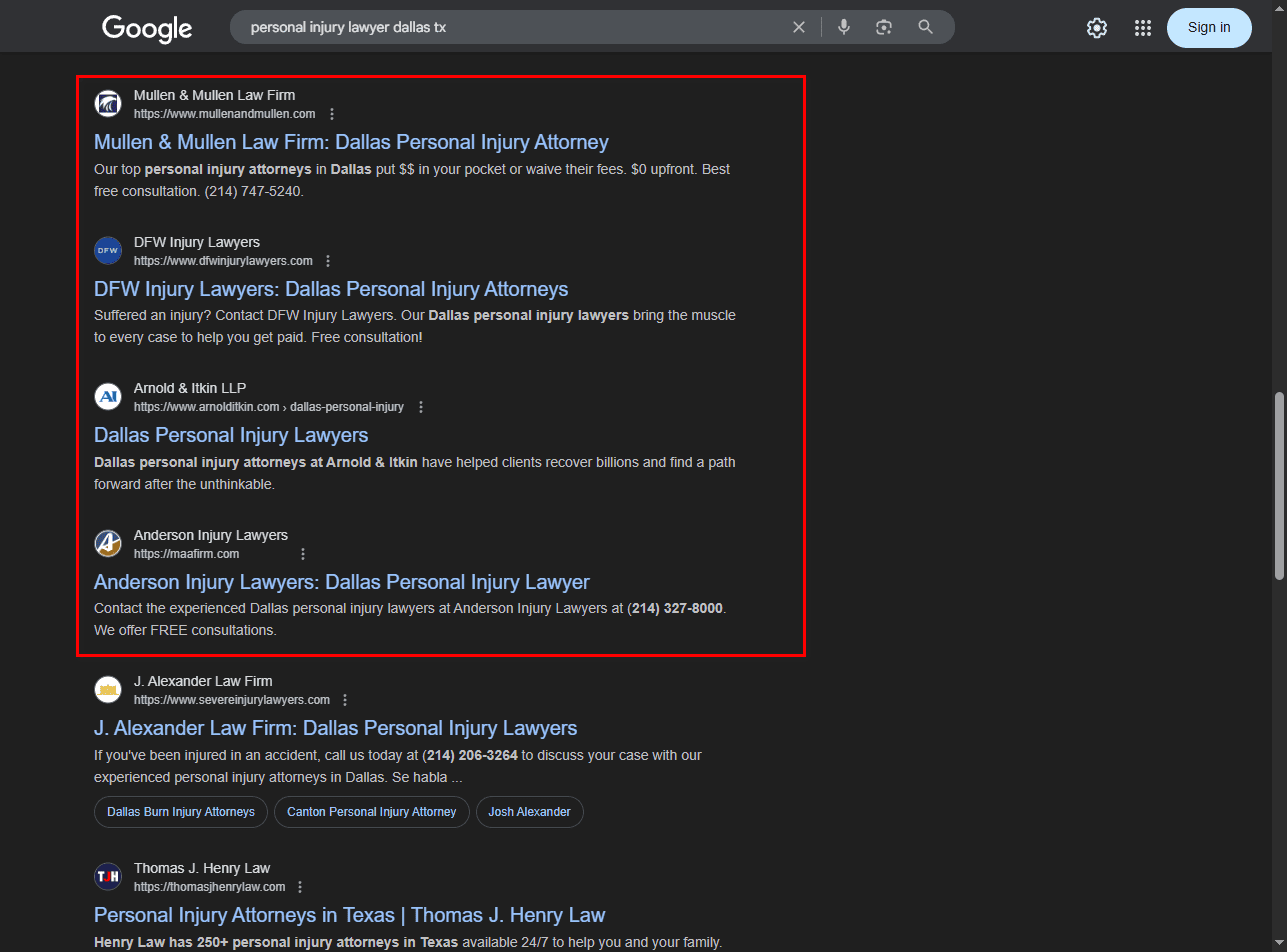Course 1: SEO Basics That Actually Work
Stop wasting time on SEO tactics that don't bring customers. Learn the fundamental strategies that actually make your phone ring for high-ticket service businesses.

Lesson 1: Why Your Customers Can't Find You Online
When someone needs an emergency HVAC repair at midnight, they search "emergency heating repair near me" on their phone. If you're not in the top 3 results, they'll never know you exist.
Google decides who appears first based on three factors: your website's relevance to the search, your business's local prominence, and how close you are to the searcher. Most service businesses fail because they optimize for generic terms like "heating services" instead of urgent, high-value searches like "furnace not working" or "emergency heating repair."
Key Point: Focus on the exact words your customers use when they desperately need your services, not what sounds professional to you.
Lesson 2: The Emergency Keywords That Pay Premium Prices
Customers searching for "emergency roof repair" will pay 3x more than those searching for "roofing company." Emergency searches convert at 80% because customers need immediate help and price becomes secondary to availability.
Identify your emergency keywords by asking: "What would my ideal customer search for at 2 AM when they have an urgent problem?" Examples: "water heater leaking," "garage door won't open," "divorce attorney consultation," "septic tank backup."
Key Point: Target keywords that show urgency and immediate need - these bring customers who pay premium prices without shopping around.
Lesson 3: The Hidden Authority Factor That Google Uses to Rank Websites
Most electrical contractors focus on their website content and keywords but ignore the invisible ranking factor that Google uses to determine who they trust: link authority. Google treats your website like a popularity contest where other websites "vote" for your credibility.
When established, reputable websites link to your business, Google interprets this as a trust signal. These digital endorsements tell Google that other authorities consider your business legitimate and worth recommending to their audiences.
Without strong link authority, you're fighting an uphill battle against competitors who understand this ranking factor. You could have perfect keywords and content, but still lose to businesses with stronger authority signals in Google's eyes.
Key Point: Link authority from other reputable websites acts as Google's trust measurement - without it, your website struggles to gain search engine confidence no matter how good your content is.
Lesson 4: Content That Answers Urgent Customer Questions
Your website should answer the questions customers ask when they have urgent problems. Instead of generic "About Us" content, create pages that solve immediate concerns for attorneys: "What to Do Immediately After a Car Accident," "How Long Do You Have to File a Personal Injury Claim."
This content serves two purposes: it captures people searching for solutions to urgent legal problems, and it positions you as the expert who understands their situation. When potential clients find helpful information on your site, they're more likely to call you instead of your competitors.
Key Point: Create content that helps customers in crisis moments - they'll remember who helped them when they needed it most.
Lesson 5: Measuring What Actually Matters
Most businesses track meaningless metrics like "website visitors" or "page views." The only metrics that matter for service businesses are phone calls, form submissions, and revenue generated from online sources.
Set up call tracking numbers on your website so you know exactly which visitors become paying customers. Use Google Analytics to track "goals" like contact form submissions and phone clicks. Measure success by revenue generated, not traffic volume.
Key Point: Track phone calls and leads, not website traffic - you can't deposit page views at the bank.